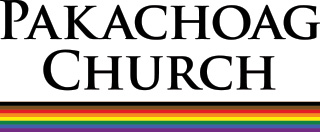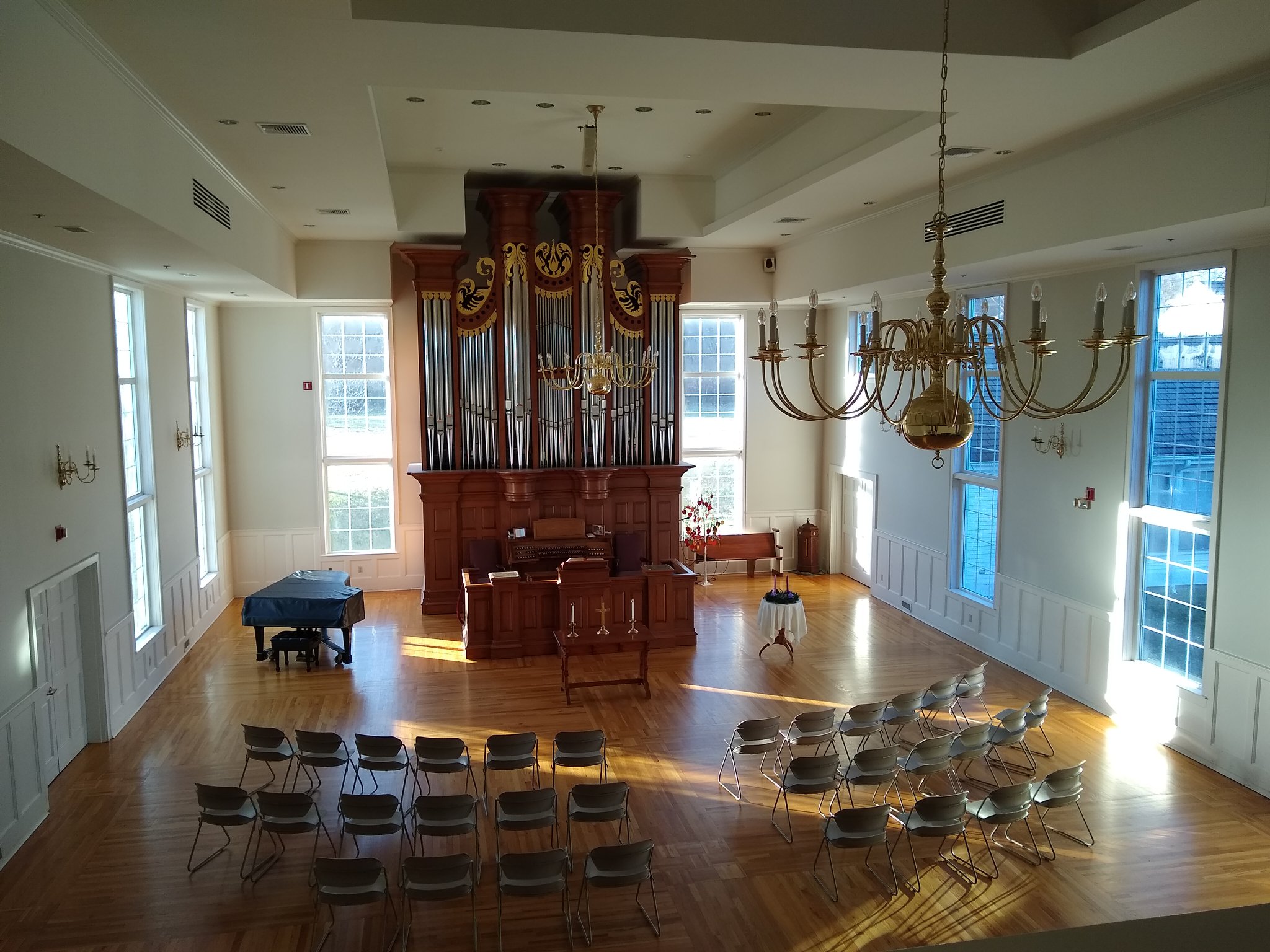All manner of human interest stories related to the Covid-19 crisis have entered the mainstream media. Some are poignant tales of struggle and loss, some are recountings of personal victories and extraordinary personal sacrifice, some are testimonies to gestures of kindness and caring extended to other.
One documentary tale I recently found online involved the effort two brothers have mounted with the help of their family to make masks for the those in need in their city of Houston. As the article recounted, “Matthew and Jeremy Jason have given away over 300 face masks made from yarmulkes to Houston’s homeless.”
I was taken by the concept that something endowed with such profound sacred symbolism as a head cap worn by faithful Jewish men, would have been utilized for such a mundane, even to the point of unsanitary, purpose as a face covering for a population that would widely be considered “unclean.” I could imagine that this gesture by these two young brothers could be perceived among some religious practitioners as profane and sacrilegious.
How we express and interpret a belief system comes into question on a constant basis. For some, ritual and practice is largely fixed and immutable, governed by directives and guidelines that are strict and not subject to interpretation. Another point of view derives from the notion that faith constructs must be flexible and adaptive, responsive to the realities and circumstances of daily life.
It appears these two brothers understand their faith against the latter backdrop. They moved seamlessly, it would appear, from the idea that the witness that is embodied is a yarmulke worn on the head could in the current circumstance be better evidenced and made sacred on the face of a street person–who might be literally and figuratively unclean–than on the head of someone who is figuratively and literally clean.
Religion can sometimes burden itself needlessly and hopelessly with notions of purity or false piety, and in so doing lose sight of its core call to mission. Oftentimes a religious response is framed around the question of what the rules require when in fact the central issue is what the situation requires. There are endless stories of Jesus sidestepping religious propriety to bring relief and comfort to those in need, regardless of their standing or whether he might be breaking some prevailing code of conduct. He did not let action on behalf of the needy be tempered or modulated by the prevailing sensibilities of the rule makers of his day.
Religious organizations have been asked, indeed required, to join the effort in controlling the Covid-19 virus by not holding public gatherings. For the most part, religious bodies have subscribed to that. A few, though, and counted among them are those that claim special prerogative as Christian assemblies, to continue practices that have been deemed unhealthy for the public good. I read such behavior as equivalent to someone who might be wearing a yarmulke on his head while staring at someone who has no mask for her face, and refusing to offer the covering for protection. Our sense of self, individual or collective, is no justification for claiming or expecting exemption from that what serves the common good.
It has ever been the call of the Christian community, and not to us alone as evidenced by the deeds of the Jason brothers, two Jewish men of faith, and there are similar examples among those of Muslim and every faith, to move to the places of pain and hurt and need in our world and offer as we can to ease another’s burden.
For us at Pakachoag, as for all faith communities, forgoing public assembly is not denying our faith, it is fulfilling our faith. It is a contribution we can collectively make to the public welfare and to insuring the health and well-being of all members of our community. To do otherwise would be, and is among those who insist otherwise, an expression of false piety.
Dennis

